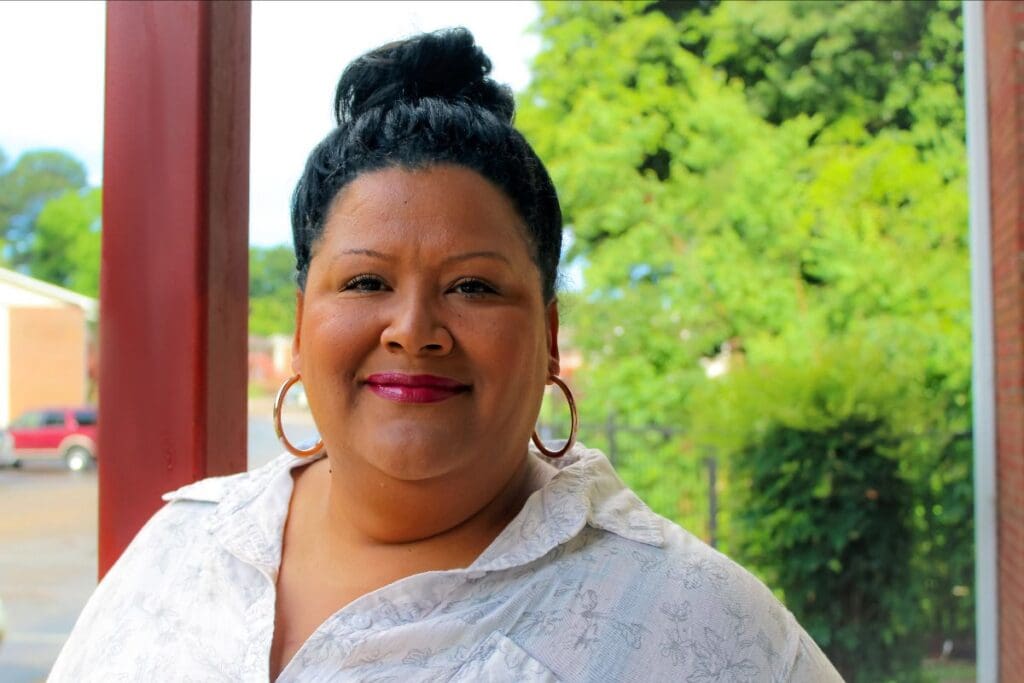

There is no denying that last 6 months have taken a toll on the mental health of every single person. There are constant unknowns, financial strains, and new anxieties for all of us. However, we have been especially concerned during these last 6 months with how these new anxieties are compounding upon the traumas the families Springboard serves face every day and have been enduring for generations.
Since the beginning, Springboard has believed in supporting a whole person and creating programs that holistically support residents because we knew it would take more than a specific skill set or one program to help residents meet their goals. Our Career Success program included a licensed social worker who individually supported families with the transition of going back to work or school. The Magnolia Mother’s Trust includes additional leadership and community support elements that help participants explore topics like self-care and creating a network of support. Our programs for middle and high school students connect young people with mentors who provide safe spaces for them to explore their identity, beliefs, and future goals.
But while we’ve known that mental health is fundamental to the work we do of supporting families, we have never had the opportunity to study its full impact and understand the implications it might have for social support policies and programs. That’s why we’re excited to once again be a partner organization in the Aspen Family Prosperity Innovation Community, an initiative of Ascend at the Aspen Institute. The Family Prosperity Community is made up of community organizations, policy groups, and thought leaders from the business world, government, and civil society with the goal of refining and amplifying fresh strategies and solutions that strengthen parents’ and families’ access to everything they need to thrive.
During our time in the cohort, we will be implementing a mental health and self-care support initiative with a group of mothers in our communities. We are partnering with organizations that intentionally take a racial and gender equity lens into mental health conversations and are experts in trauma-informed care, to develop a self-care plan for families that is culturally relevant and not steeped in consumeristic and middle-class frameworks as many self-care conversations frequently are.
When families are given the tools to take care of their mental health, particularly in the midst of a pandemic, are they able to set and work toward new goals? Do children in the household experience greater stability and participate more actively in school? Do families experience better health outcomes when they are better equipped to handle the chronic stress and trauma that comes along with being a person of color and living in poverty in this country?
These are just some the questions that we are looking to explore this year, and we are excited to do so alongside thought partners from multiple sectors and fields who can help us think through how all these pieces connect to larger policies and practices that can ultimately improve outcomes for all families. Even during this anxious time, we are excited to be embarking on new work and to be a part of a network dedicated to seeing all families thrive.
